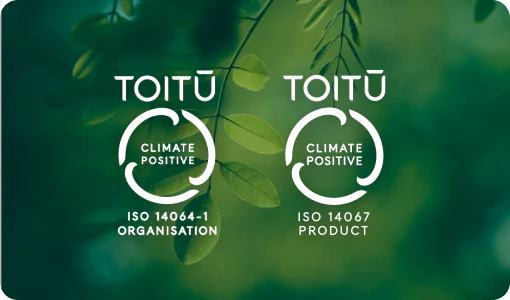It’s so simple – Electric Vehicles are Cheaper to Run
28/10/2022
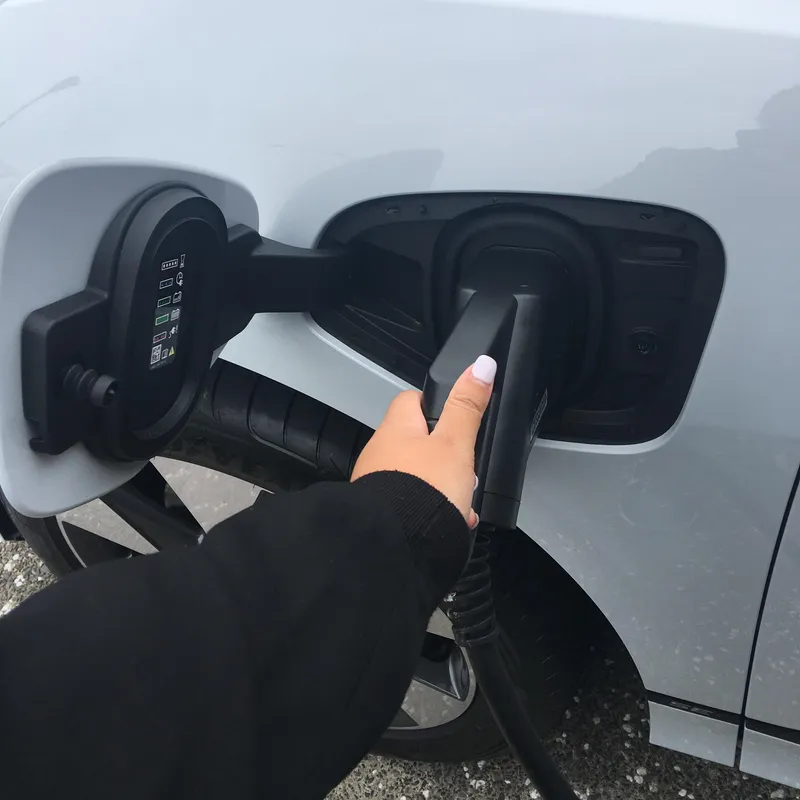
How does 30 cents per liter of petrol sound?
That is the equivalent price you would pay to fill your Electric Vehicle (EV). To determine how you can save up to 80% on your vehicle running costs, check out our EV calculator here. EVs run exclusively on battery power and generally have a range of 120 to 450 kilometers.
Plug-in Hybrid Vehicles (PHEV) tend to have smaller batteries and a petrol generator backup and generally have an electric range of about 50 – 100 km but can travel a further 300 – 700 km on petrol. Both EVs and PHEVs can be plugged into the mains at home or the office. Most EV and PHEV users charge their cars at night, much like charging a mobile phone.
Please look at our New Zealand Electric Vehicle Buyers Guide to find out which is the right EV for you.
Charging at night also takes advantage of the off-peak pricing offered, like our ecoSAVER price plan. Charging also occurs during the day; this is commonly referred to as sipping.
Rapid Chargers are also being installed around NZ by Charge.Net.nz and will charge a Leaf from 0 – 80% in 20 minutes.
EV emissions vs. Petrol or Diesel
Choosing to switch to an electric vehicle is an easy financial choice; they are cheaper to run. But what about the emissions from an electric vehicle over its lifetime. Here’s an article that shows that EVs have 7 – 10 times more CO2 efficiency than petrol or diesel cars over their lifetime.
Below is a graph showing the various emissions of large and small cars and electric cars. Of course, if you are using an electric car and are an Ecotricity customer, you’ve essentially taken your vehicle fuel emissions to …. Zero!
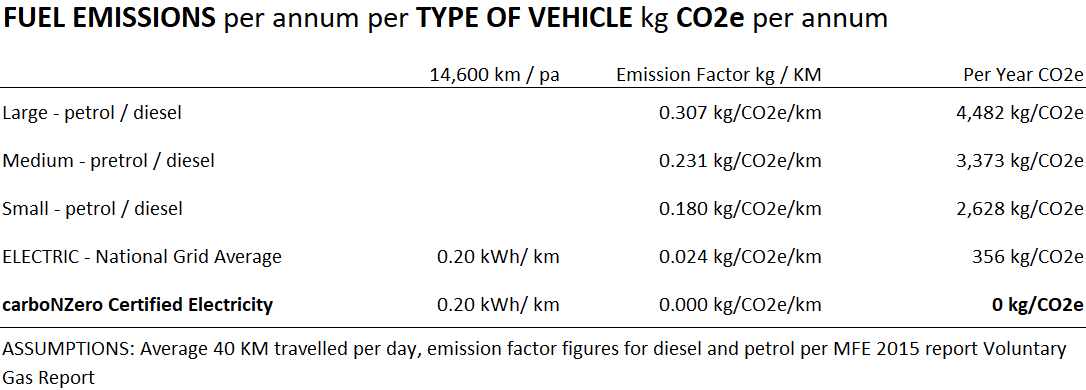
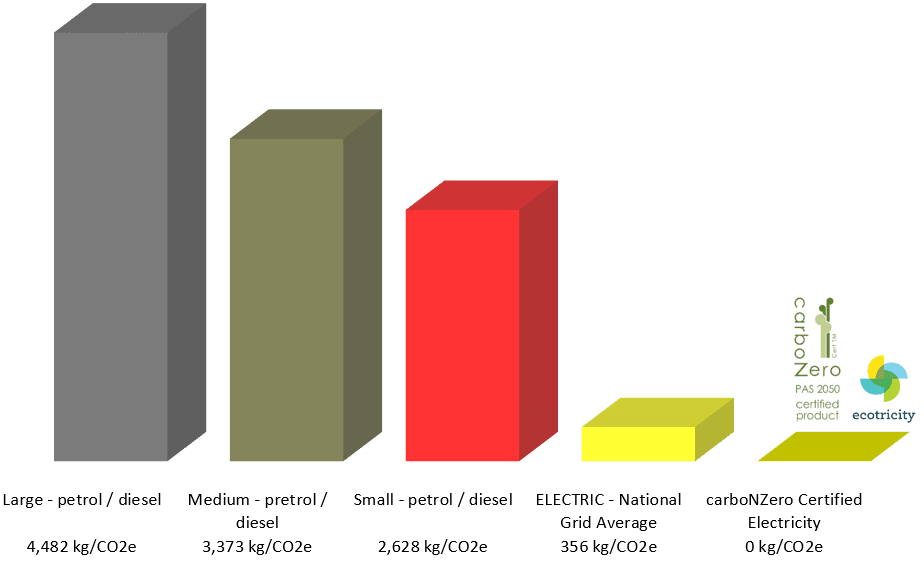
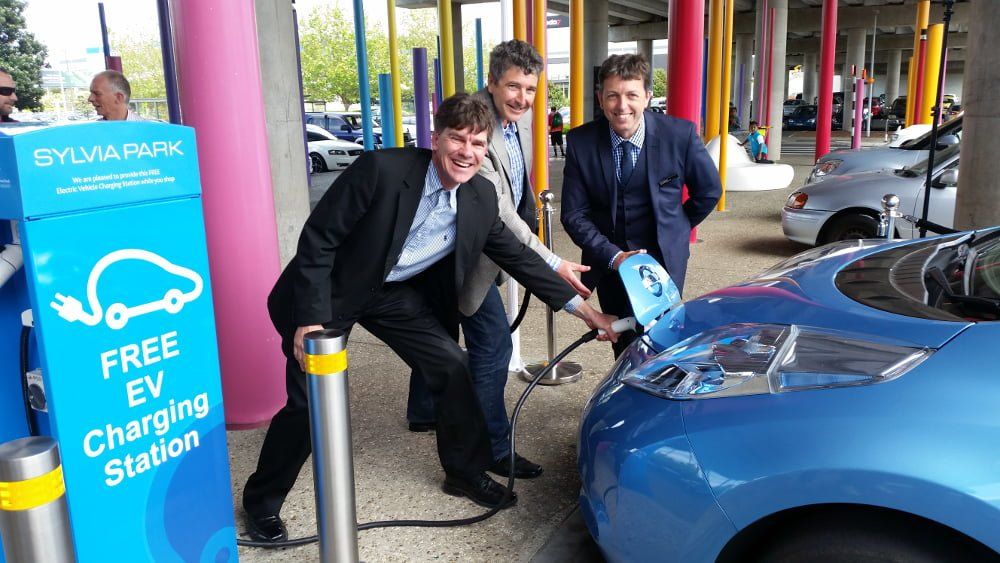
Country ecoNOMICS
The benefits of Electric Vehicles to New Zealand are immense. Here are some of the benefits of the Electric Vehicle revolution if 50% of the New Zealand vehicle fleet were to convert to EVs or PHEVs
- We could import $2 billion less of oil per year.
- We would save $370m in health costs per year.
- We would be employing more people in New Zealand to produce more renewable electricity.
- We could reduce emissions by a whopping 6 billion kgs of CO2 per year.
- Fuel poverty would be a thing of the past.
- Our streams and rivers would receive fewer oil pollutants.
- There would be much less road noise!
Join the Electric Vehicle revolution today! Please look at our New Zealand Electric Vehicle Buyers Guide to find out which is the right EV for you.
Individual and Company ecoNOMICS
Make sure you have a go at our EV calculator to see how much you can save in fuel costs here. Here are some of the more detailed notes related to the calculator here, or look at our New Zealand Electric Vehicle Buyers Guide to find out which is the right EV for you.
Here are some other tips about fuel & Maintenance savings
- Kiwi cars travel on average 39 km/day. This equates to approximately 14,000 km pa. An EV owner will save approximately $2,500 pa on fuel and servicing costs based on an average-sized petrol car based on the car owner.
- If you spend $100 on petrol, you will spend about $20 – $25 on electricity to go the same distance in an EV.
- EVs have regenerative brakes, so when braking or traveling downhill, energy is captured back into the battery. This also means that the brake pads on an EV may never need replacing.
- An electric motor only has a handful of moving parts and lasts much longer than combustion engines; therefore, much has substantially lower maintenance costs.
Cost of EVs
EVs initially had higher capital costs because this is a new technology. However, prices have already dropped significantly. The Nissan Leaf originally was $69,000 and is now $39,000 new, and on Trademe, second-hand imports are selling for around $15,000.
Considering the savings of $2,000 annually on fuel, these prices are now financially attractive for many.
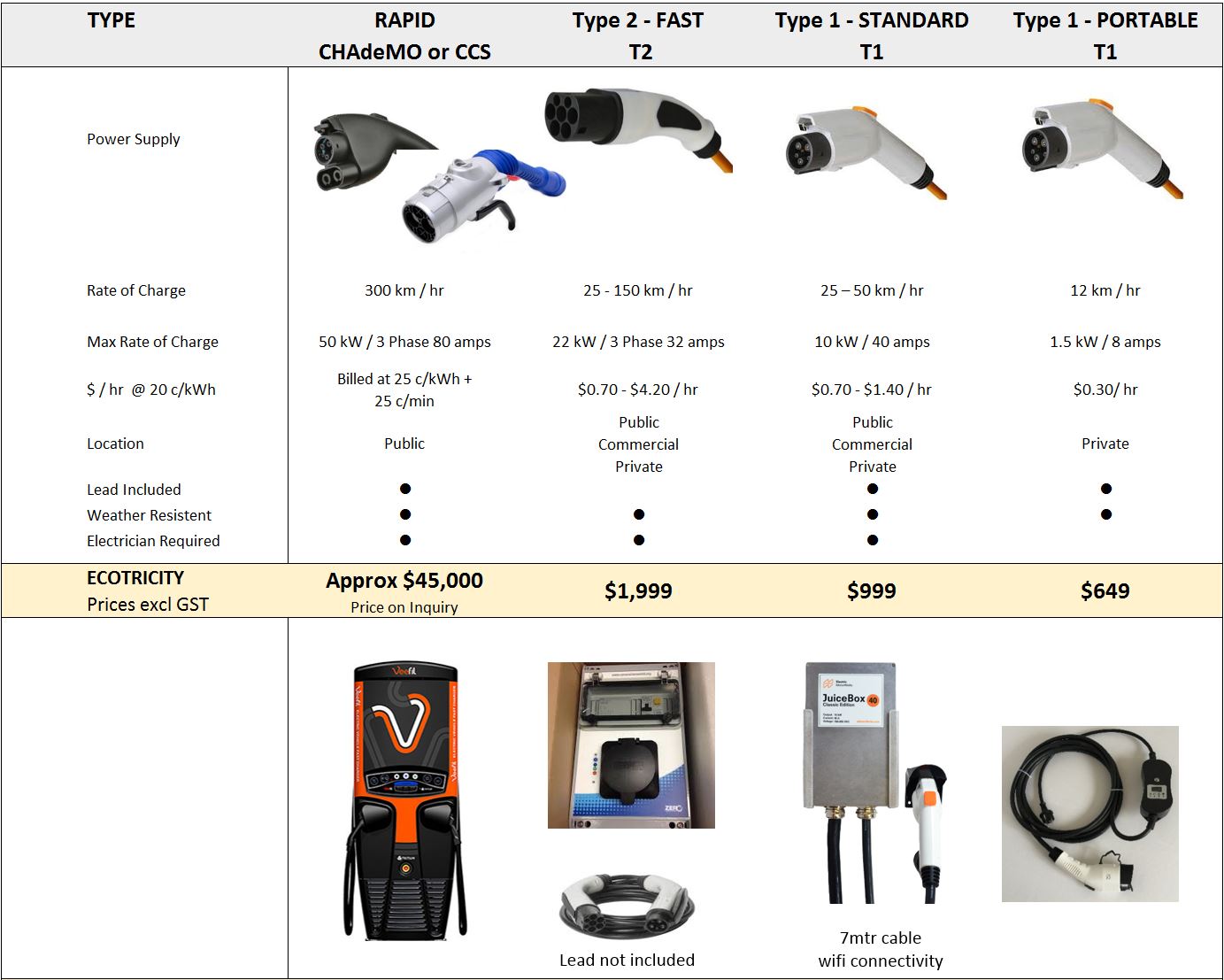

The dirty truth behind petrol cars

Read our blog for more information about how much energy is required to extract oil and how much emissions we could save using this energy directly to power electric cars! Click here.
Startling NZ Data on vehicle pollution shows EV's are the way forward

The latest data released on air pollution from cars in New Zealand highlights the urgent need to move away from internal combustion engine (ICE) vehicles, and switch to greener alternatives.
Click here to read more.







